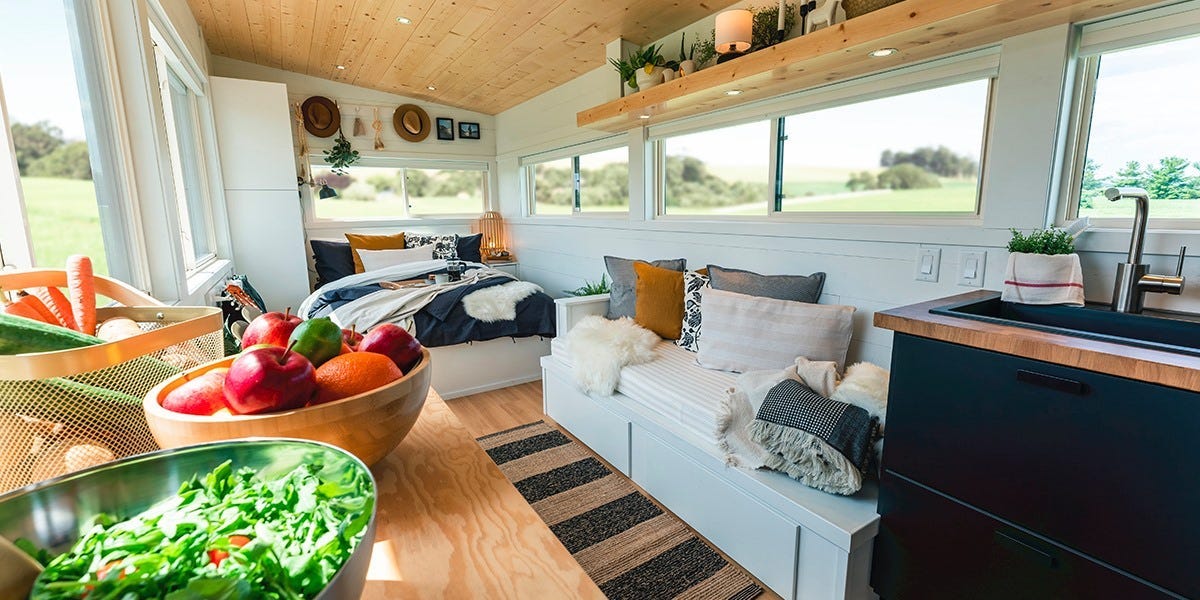teetee
Full time employment: Posting here.
- Joined
- Jul 11, 2019
- Messages
- 679
John Oliver you tube channel has an episode talking about how property firms screw up manufactured home owners. But if you own the land and the house on top of it, all you lose is the house since that is the major difference between the real house and the house that can be moved with trailers.


 . Not sure I'd agree that less than 40 year-olds should assume 4% WDR is okay for life (I'd be more comfortable with maybe 3%) but they seem quite flexible. PLUS they still have marketable skills and, even if they didn't, two folks at say $12.50/hour for half time could add $25K/year in a pinch. Heh, heh, no kids just about seals the deal. YMMV
. Not sure I'd agree that less than 40 year-olds should assume 4% WDR is okay for life (I'd be more comfortable with maybe 3%) but they seem quite flexible. PLUS they still have marketable skills and, even if they didn't, two folks at say $12.50/hour for half time could add $25K/year in a pinch. Heh, heh, no kids just about seals the deal. YMMV